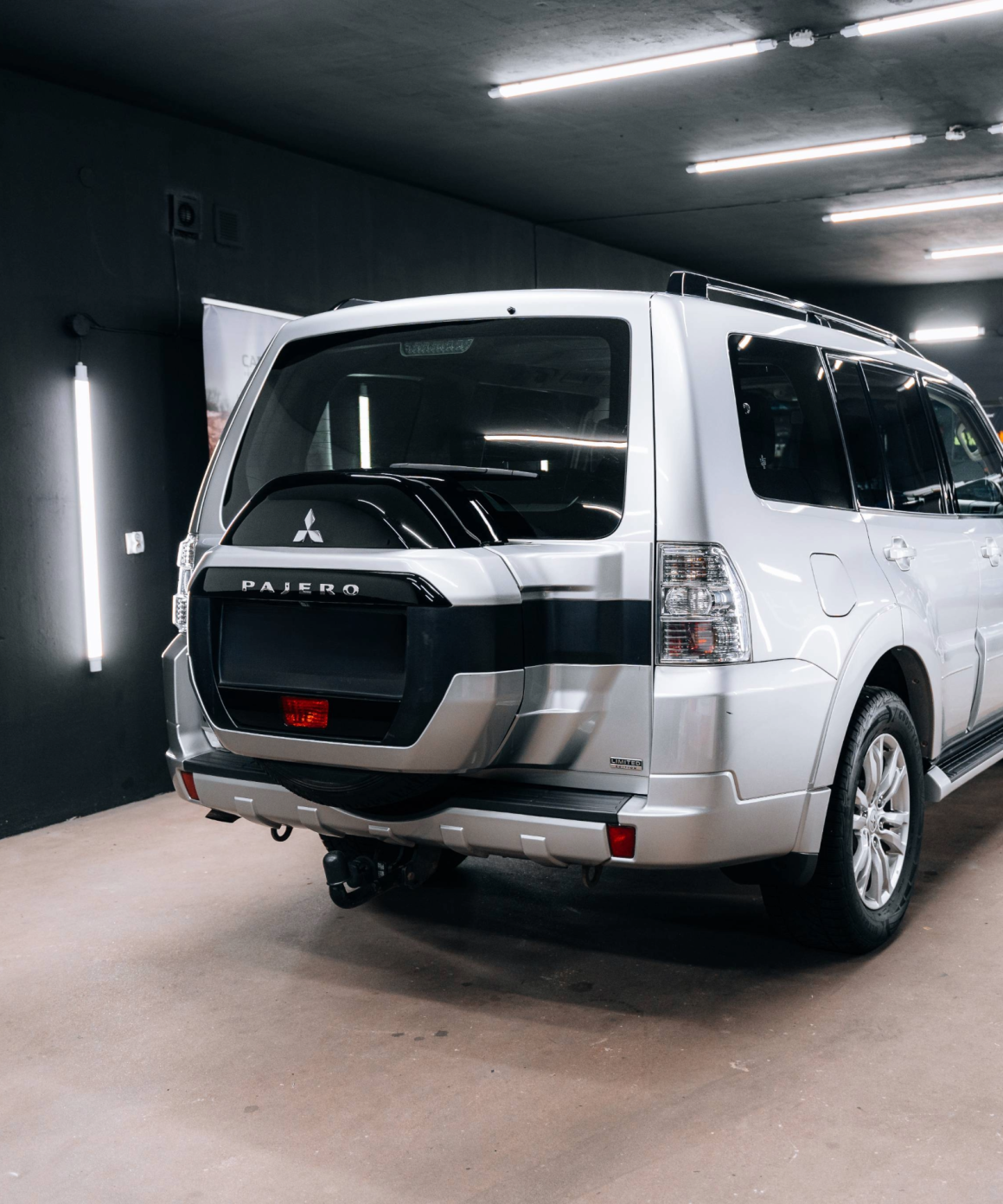Words mean a lot more than the dictionary definition. They’ve got all kinds of baggage behind them, and that changes as soon as you step over the country border. So if you don’t know what your name triggers elsewhere, you’re gambling with your reputation.
Our favourite naming fails in recent years
Of course, we willlaugh at companies that get it royally wrong, and then share those with you for your entertainment. And education, of course.
- Mitsubishi Pajero: Absolutely fine in Japan. But in Spanish, Pajero is slang for “wanker.” Sales bombed in Latin America, as you can imagine.
- HSBC: Their global slogan “Assume Nothing” became “Do Nothing” in several markets, undermining trust and forcing a $10 million rebrand. Ouch!
- Jobbie peanut butter: If you’re from Scotland, or if you’ve ever seen the Louis Capaldi ASMR video (and if not, look it up, it’s brilliant) then you’ll know that ‘jobbie’ is Scottish slang for poo. So not ideal for this Malaysian brand. That said, Jobbie leaned into it and made it available to order to Scotland, so there’s a silver lining to every campaign!

So why does this keep happening? In the case of a brand like Jobbie, they didn’t think they might have a global audience. But, of course, the nature of internet virality made that happen for them. There are a few other good reasons, too.
- Some brands rush global launches and treat naming as a check-box task, rather than giving it the care and attention it deserves.
- They translate literally, not contextually. Words carry cultural meaning far beyond the dictionary. Always test it!
- There’s too much faith in internal teams or agencies without local expertise.
- They underestimate emotional tone – after all, what’s playful in one market is insulting in another.
When you’re naming your brand or your product, you’ve got to be careful to avoid some common traps. Some words may look or sound fine in one language, but have a completely different meaning in another. In the case of the Mitsubishi Pajero, you’ve got an offensive double meaning that has no bearing in Japan, but plenty in Latin America.
From a culture perspective, you might name your product something that clashes with the values of another country – something to bear in mind if you’re launching a product somewhere like Dubai, for example, which has far more conservative values than the UK. Religious and political landmines can throw a spanner in the works, and it’s always worth taking a bit of extra time to make sure you’re not going to overtly offend.
How to get it right
Luckily for you, it’s easy to get your name sorted without making a big mess of it. Mostly, that’s actually taking the time to think about it, but here are a few other things to keep as part of your checklist.
- Do proper linguistic checks in every target market. No, that doesn’t mean Google Translate. It doesn’t mean asking legal. And it doesn’t mean running it through ChatGPT. Ask people!
- Test emotional tone, not just meaning. Ask people, “How does this make you feel?” as well as “What does this mean?”
- Work with local experts. The risk lives in nuance, and nuance doesn’t show up in a Word doc, so chat to someone real. (Like us – we’d have told you Jobbie is definitely NOT a peanut butter name.)
The bottom line
Thanks to widely spread e-commerce, the nature of social media, and the fact that everything can go global now, your name may land in markets you’ve never set foot in instantly. A naming fail isn’t just a local embarrassment – it’s viral, fast, and expensive.
If you want to get it right, you’re testing for cultural resonance and risk from day one, no matter where your brand is launching. If you don’t do that, you’re not ready for a global market – simple as that.
Whether you need a sense check or you want an agency that’ll get your naming right from the start, we’re here to help. Give us a call or drop us an email to find out more.
Image credit: PK Visuals Content – stock.adobe.com


